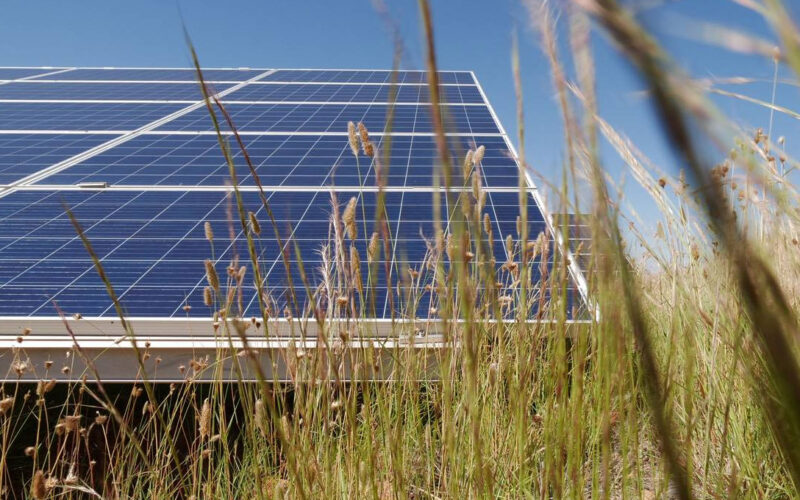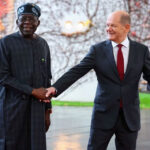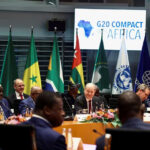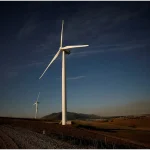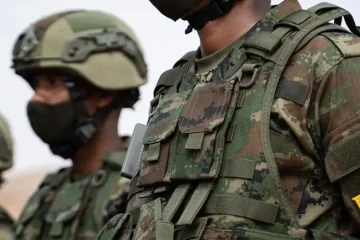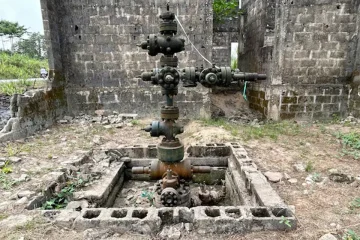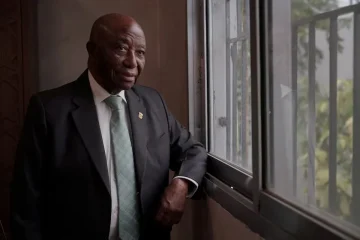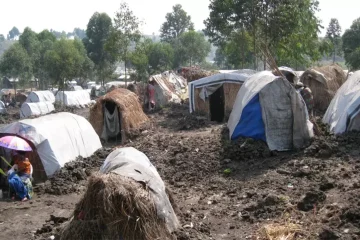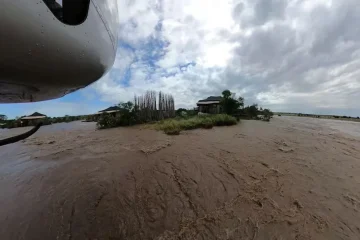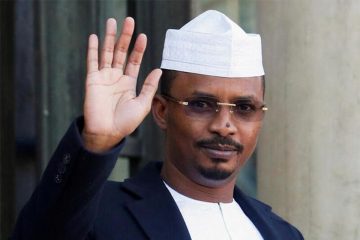[tta_listen_btn listen_text=”Audio” pause_text=”Pause” resume_text=”Resume” replay_text=”Replay”]
SENEGAL struck a deal with wealthier countries that will see it get an initial 2.5 billion euros ($2.74 billion) in finance to develop renewable energy and speed up its transition to a low-carbon economy.
The Senegal Just Energy Transition Partnership (JETP), backed by France, Germany, the European Union, the United Kingdom and Canada, comes as richer countries are urged to do more to help poorer peers in the fight against climate change.
The money will be used to help Senegal achieve its target of 40% of installed capacity from renewable energies by 2030, and a draft investment plan will be finalised within 12 months.
“We think that if this is mobilised we can achieve, if not exceed this objective,” Sall said at the Summit for a New Global Financial Pact in Paris, adding that renewable energy currently accounts for 31% of Senegal’s capacity.
So-called JETPs, spearheaded by a deal with South Africa at a U.N. summit in 2021, have emerged as a key mechanism for mobilising public and private finance to help developing countries shift away from fossil fuels.
The rich, heavy-emitting nations providing the finance in these deals are increasingly under pressure to help poorer countries speed up their transition to cleaner energy and manage the effects of climate change.
The agreement with Senegal is the fourth JETP and follows deals with Indonesia, Vietnam and South Africa. The JETP with Senegal was being negotiated at the UN COP27 climate summit held in Egypt in November last year.
The $20 billion agreement last year to help Indonesia shut down coal power plants was the biggest so far.
According to Thursday’s statement, international partners and multi-lateral development banks will mobilise the 2.55 billion euros for Senegal in new and additional financing over an initial period of three to five years, starting this year.
More financing may be mobilised during and beyond this period to support Senegal’s ambitions, it added.
“The current global financing system is not adequate,” said Sall, who also bemoaned the cost of credit, calling on multilateral development banks to take into consideration current issues such as climate change and the high debts of low-income countries.

